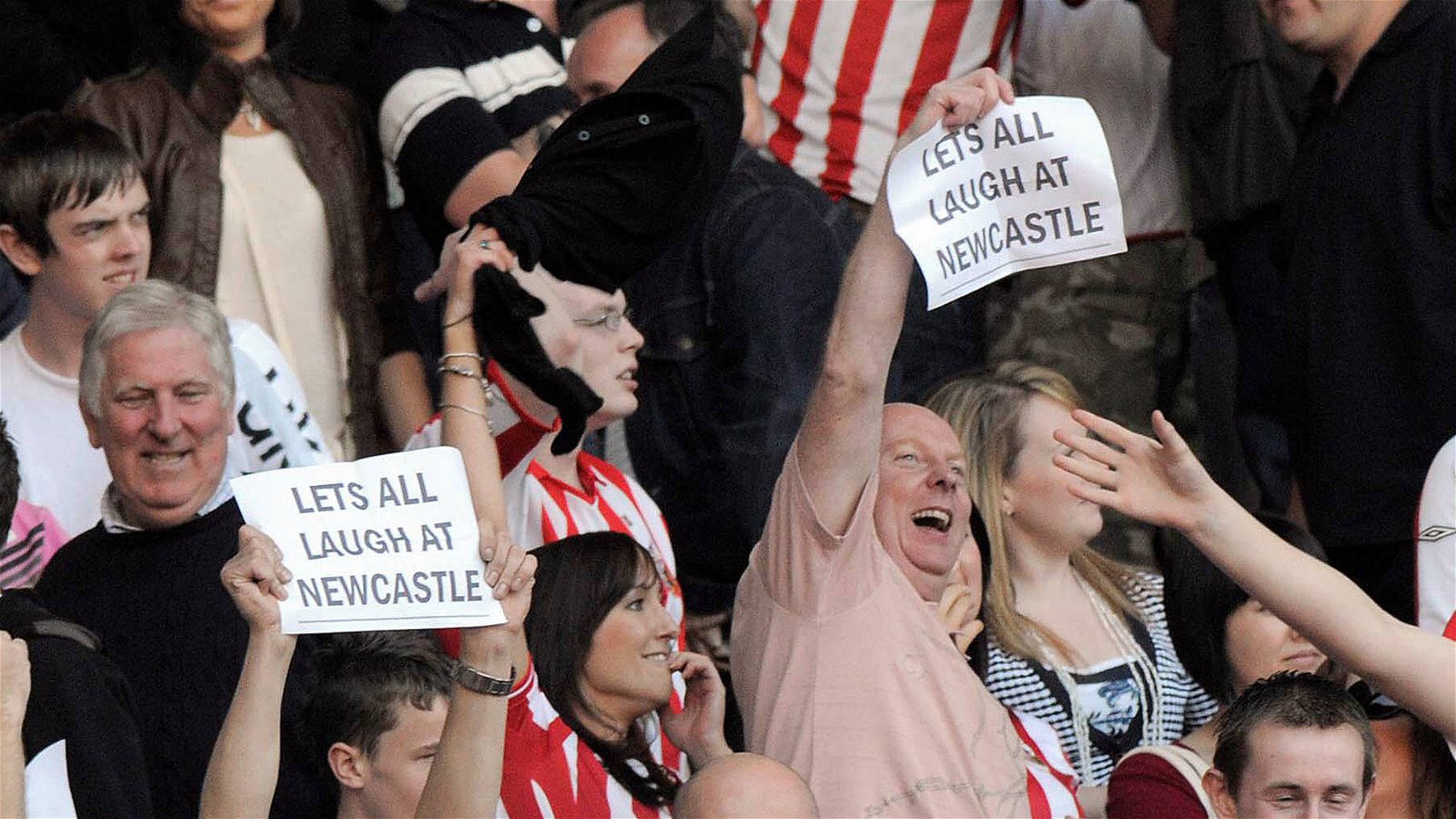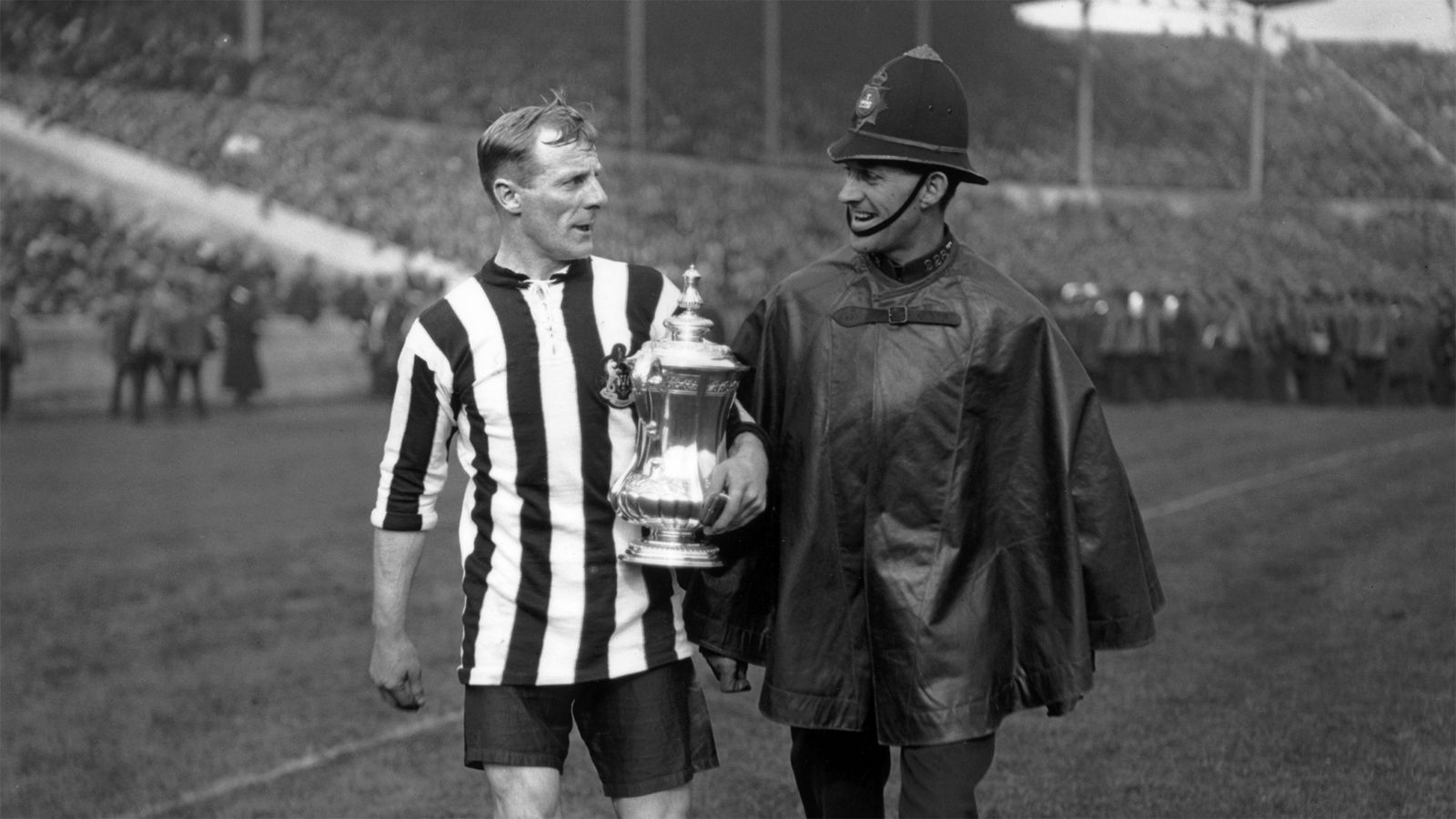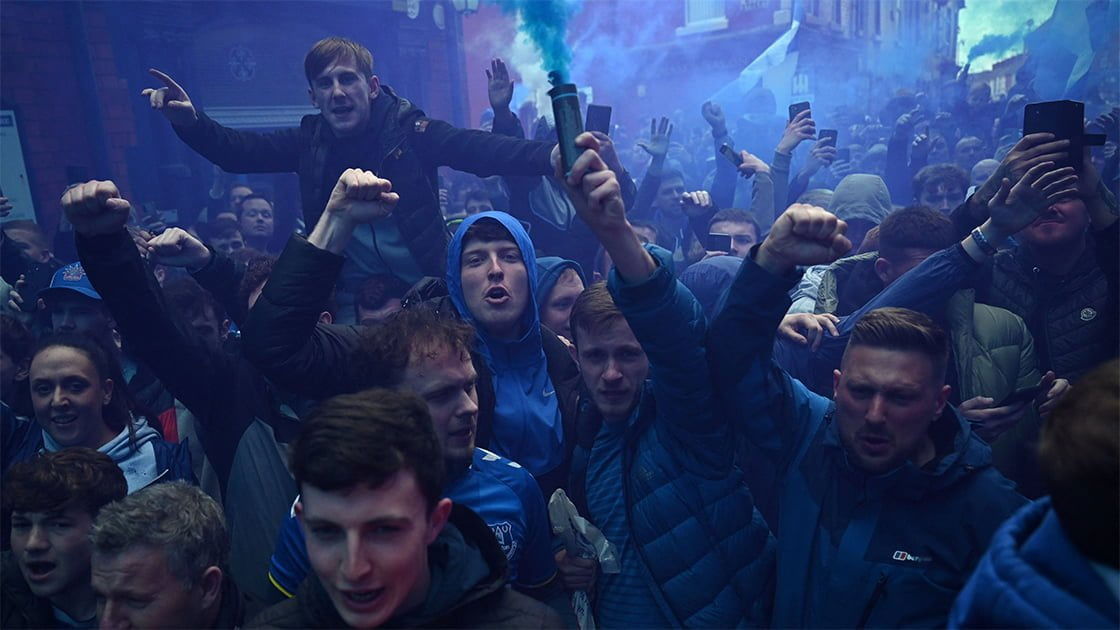ARTICLE AD
Gareth Southgate has been on Tyneside this week.
The England manager on a muti-purpose visit.
In 34 days time, England take on Bosnia & Herzegovina at St James’ Park on Monday 3 June, as the first of two warm up games (the other at Wembley v Iceland on Friday 7 June) for the Euros in Germany.
Whilst it is only 47 days time until England face Serbia in their first European Championships group game on Sunday 16 June.
So on Monday, Gareth Southgate was at St James’ Park to meet members of the England Supporters Travel Club:
Gareth Southgate made a visit to @NUFC on Monday to take part in a fans’ forum with members of our England Supporters Travel Club ahead of #EURO2024 👊 pic.twitter.com/Z5yvOLgwwd
— England (@England) April 30, 2024
The England boss also visiting the Sir Bobby Robson Cancer Trials Research Centre at the Freeman Hospital on his visit to Newcastle Upon Tyne.
Official FA announcement – 30 April 2024:
‘England manager Gareth Southgate this week visited Newcastle Hospitals and the cancer drug trials centre named in honour of one of his predecessors.
The Sir Bobby Robson Cancer Trials Research Centre at the Northern Centre for Cancer Care, Freeman Hospital in Newcastle, was officially opened by Sir Bobby in 2009. He was also one of the first patients to receive treatment there.
Patients come from across the north east and Cumbria for treatment at the centre, which offers hope for people with advanced cancer. The research and clinical trials undertaken there are part of long-term national and international efforts into the disease. Sir Bobby hoped they would become his legacy for others facing cancer.
Last year, there were 400 new adult patient referrals to the Sir Bobby Robson Centre and there are 30 clinical drug trials currently underway.
During the visit, Gareth met patients undertaking clinical trials of new cancer drugs at the centre.
“It has been a privilege to visit the centre and see the legacy that Sir Bobby has left here,” he said.
“Football is a huge part of the north east and Sir Bobby is an icon of the English game who had a massive impact on the fundraising that has allowed this centre to continue with important trials.
“It was lovely to see Sir Bobby’s son Mark again, meet the staff and see the brilliant job they do, but also special to hopefully put a smile on the faces of some of those receiving treatment.”
Sir Bobby managed England for eight memorable years including two incredible World Cup campaigns in 1986 and 1990.
First diagnosed in 1990, Sir Bobby faced cancer five times and, in 2008, launched a Foundation, part of Newcastle Hospitals Charity, to find more effective ways to detect and treat the disease.
The Sir Bobby Robson Foundation’s initial aim was to raise £500,000 to equip the cancer trials centre, which was then under construction at the Freeman Hospital.
As well as equipping the Sir Bobby Robson Centre, the Foundation also funds trainee posts for both a doctor and nurse specialising in clinical drug trials within it and specialist posts providing patients with occupational therapy, complementary therapy and a dietician.
Teri Bayliss, Newcastle Hospitals charity director, added: “To manage The Sir Bobby Robson Foundation is an honour for Newcastle Hospitals Charity.
“We share Sir Bobby’s vision to help find more effective ways to treat and detect cancer, and the legacy he created for the thousands of individual patients that come through the centre is one that we are committed to growing both now, and for the future.”
Sir Bobby was touched by the support his Foundation received from the FA and within all levels of the football community. He was particularly proud when then England coach, Fabio Capello, joined him at the official opening of the Sir Bobby Robson Centre.
A memorable occasion, Fabio spoke passionately about Sir Bobby and presented him with a cheque for his Foundation on behalf of the FA, support which has continued to this day and is helping fund a range of groundbreaking cancer treatments and innovative patient support services, including a range of support for young patients with cancer at the Great North Children’s Hospital in Newcastle.
Sir Bobby described his Foundation as his “last and greatest team.” He had no idea how large his team would grow, or how much it would go on to achieve.’

 

.png) 8 months ago
55
8 months ago
55 

